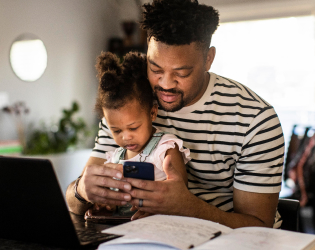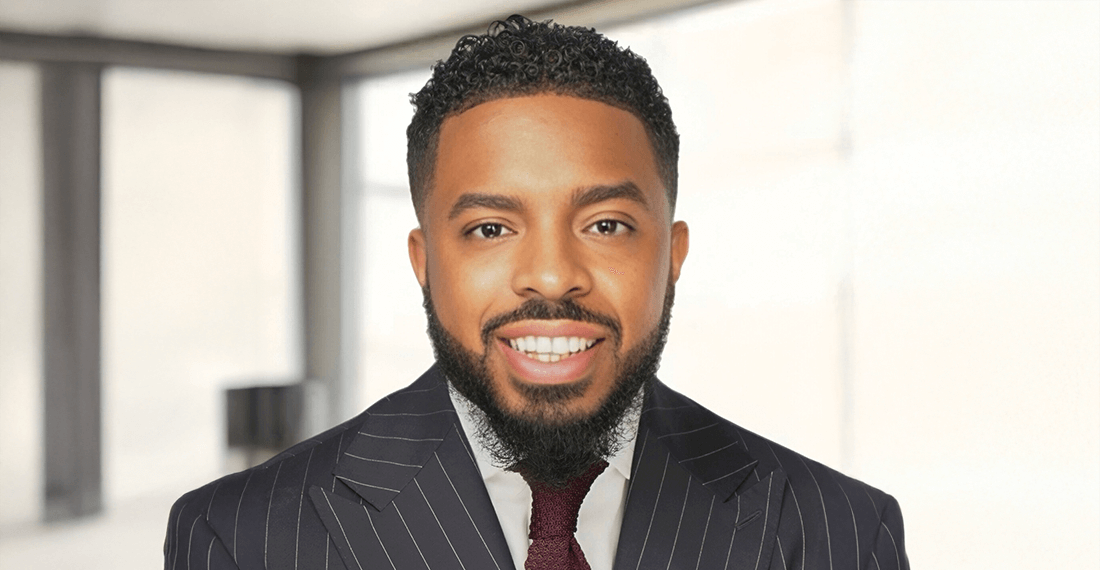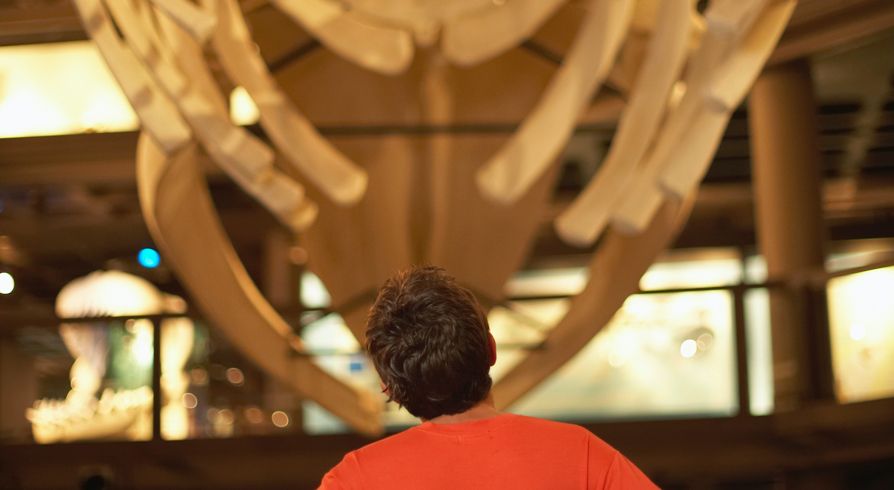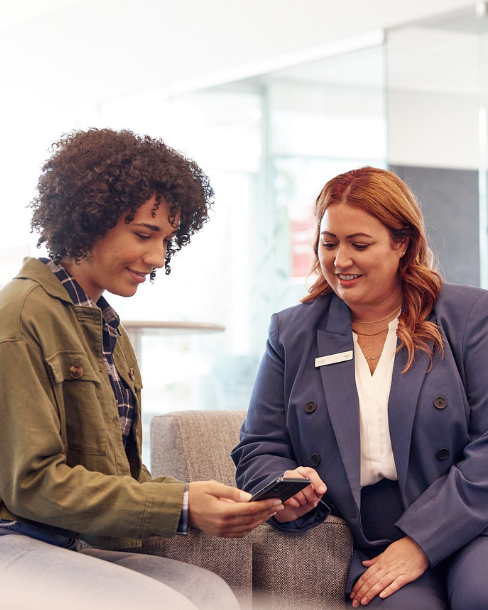Let’s build something together
Bank of America has proudly served Atlanta’s banking needs for more than 100 years. By listening and responding to the needs of our clients, our teammates provide a wide range of banking and investing services that help individuals, businesses, and industries. Through sponsorship and volunteerism, we support partners throughout the Atlanta region that advance economic opportunity for our neighbors. Throughout our history and today, we are committed to the economic success of Atlanta by helping to make financial lives better and creating opportunity for all we serve.









